The marketing world is experiencing a seismic shift with the rise of artificial intelligence. For many, AI represents a tool that streamlines strategies, enhances productivity, and even improves creativity. However, there’s an ongoing conflict lurking beneath the surface: the tension between AI-generated content and the irreplaceable nuances of human creativity. How can marketers harness this technology while fighting for their spot in the creative process?
The Marketing Landscape in the Age of AI
In today’s marketing landscape, tools like ChatGPT are becoming indispensable for generating content, brainstorming ideas, and analyzing data. They allow marketers to work smarter rather than harder, freeing up time that can be spent on strategy and relationship-building. Yet, with this new technology comes a wave of skepticism. Many marketers grapple with the belief that AI can replace human intuition and emotional intelligence—a crucial element in crafting compelling narratives and connecting with audiences on a deeper level.
Challenges Faced by Marketers
Among the mounting challenges is the dilemma of ownership—who’s responsible for the ideas that an AI tool generates? A user on a discussion forum shared a story about their non-marketing boss who used ChatGPT to come up with ideas that the marketer had pitched months prior. It left them feeling robbed, saying, “I’m tired of being the only marketer at my company… I think it’s time I make my leave.” This narrative resonates with many who feel overshadowed by technology that seems to simplify creativity.
This sense of lost ownership is exacerbated by the heavy expectations placed on marketers. Another user reflected on their struggle: “My boss thinks I can automate more than I can. She said using ChatGPT ‘should’ be giving me an extra 15–20 hours a week.” This disconnect highlights a common misconception: while AI can assist significantly, it doesn’t eliminate the need for human oversight, creativity, and critical thinking.
Opportunities Amidst the Challenges
Despite these hurdles, there’s a silver lining. Many marketers are beginning to view AI not as a threat but as a form of validation. One insightful comment from a forum user captured this sentiment perfectly: “AI is basically confirming you’ve been thinking at that top-tier level all along.” It’s not about being one-upped by a machine; it’s about showcasing that your innovative ideas are legitimate and forward-thinking.
Marketers can utilize AI tools to help validate concepts before pitching them or to enhance their creative processes. Collaboration with AI can elevate projects to new heights, leading to more comprehensive strategies that account for data-driven insights while retaining the human touch that makes marketing resonate.
Strategies for Navigating Conflict
Navigating the complexities introduced by AI requires proactive strategies. One key approach is to document all work meticulously, including timestamps of previous proposals. A simple mantra from a community contributor serves as a reminder: “Document everything with timestamps of your previous proposals.” This practice builds a solid foundation of evidence that can be useful when seeking recognition for innovative ideas.
Moreover, it’s important to have open discussions with management regarding the capabilities and limitations of AI tools. Marketers should frame AI as a complement to their workflow rather than a replacement, emphasizing the creativity and strategy that only human practitioners can provide.
Embracing the Future
The fusion of AI and human creativity in marketing presents both challenges and opportunities. While there’s a need to safeguard the essence of human-driven ideas, adapting to the evolving landscape will empower marketers to thrive. By recognizing AI as a partner rather than a competitor, marketers can harness its potential to enhance their work without losing sight of their unique value.
As we step into this new realm of marketing, remember that the combination of your insights and AI capabilities can create compelling, effective strategies that resonate with audiences like never before. Embrace the changes, remain adaptable, and don’t forget the critical human element that sets you apart in a crowded digital world.

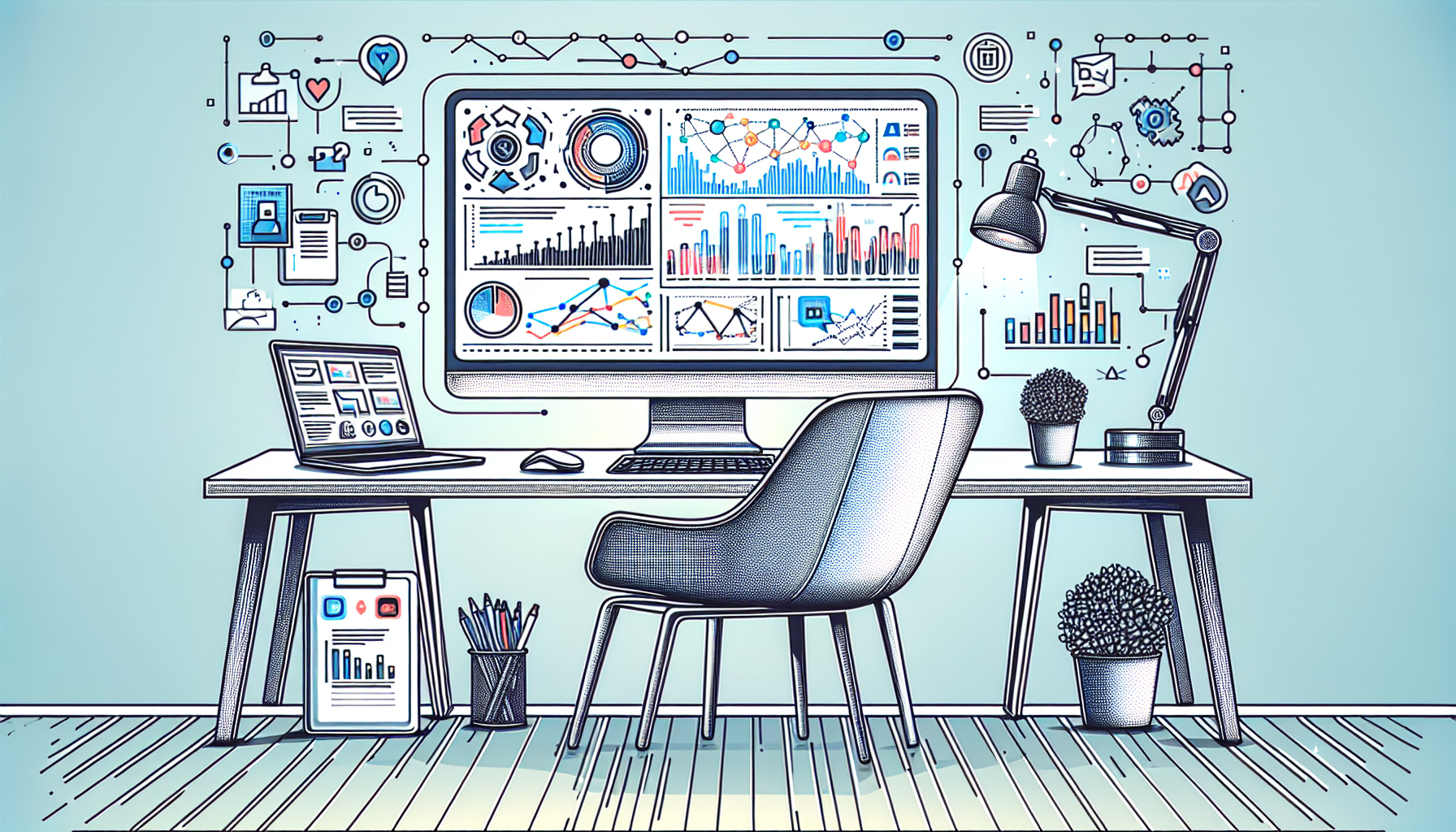

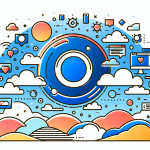
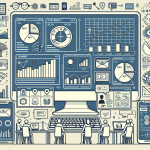
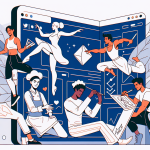
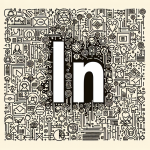
Leave a Reply